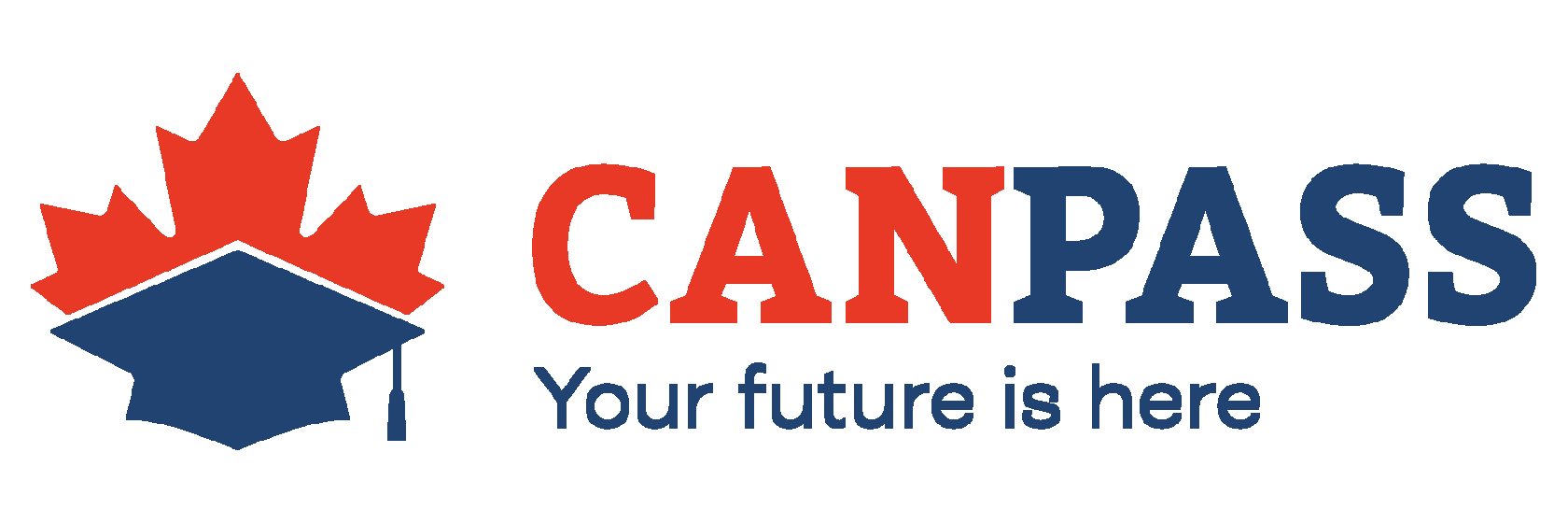Get a free consultation with Canpass Group expert
Ask a question
By clicking the button, you accept the service terms and conditions and privacy policy
Education in Canada
The education system and the benefits of studying in Canada for foreigners
Education in Canada
The education system and the benefits of studying in Canada for foreigners
According to official statistics, over 7% of Canada’s government budget is spent on education. General, secondary and tertiary education in Canada ranks first in the world in terms of co-financing of study and educational programs on a per-capita basis. In addition, Canada’s quality of education is maintained and influenced by strict requirements given to the teaching staff, as well as close control from the province.

According to official statistics, over 7% of Canada’s government budget is spent on education. General, secondary and tertiary education in Canada ranks first in the world in terms of co-financing of study and educational programs on a per-capita basis. In addition, Canada’s quality of education is maintained and influenced by strict requirements given to the teaching staff, as well as close control from the province.
Schools of Canada
One of the main differences between schools in Canada and elsewhere in the world is that students study based on a semester system and the duration of their studies can range from 11 to 13 years depending on the province. International students that have studied in Canada will receive a certificate of completion. This certificate is appreciated everywhere in the world, as well as allowing application to some of the most prestigious universities in Canada (such as UoFT, McGill, York and many others).
One of the main differences between schools in Canada and elsewhere in the world is that students study based on a semester system and the duration of their studies can range from 11 to 13 years depending on the province. International students that have studied in Canada will receive a certificate of completion. This certificate is appreciated everywhere in the world, as well as allowing application to some of the most prestigious universities in Canada (such as UoFT, McGill, York and many others).
Schools of Canada
Colleges of Canada
Most international students choose colleges for higher education in Canada, because of the relatively inexpensive cost of training compared to universities. Immediately after finishing college, graduates receive the necessary practical skills to start working in Canada, after which they can apply for citizenship.
Most international students choose colleges for higher education in Canada, because of the relatively inexpensive cost of training compared to universities. Immediately after finishing college, graduates receive the necessary practical skills to start working in Canada, after which they can apply for citizenship.
Colleges of Canada
Bachelor’s in Canada
The quality of higher education and Bachelor’s degrees from Canadian universities are considered to be some of the best in the world. The duration of study for a Canadian undergraduate degree is 4 years. During their studies, students take an active part in volunteering, conduct research and internships in the best companies, where they can later get high-paying jobs.
The quality of higher education and Bachelor’s degrees from Canadian universities are considered to be some of the best in the world. The duration of study for a Canadian undergraduate degree is 4 years. During their studies, students take an active part in volunteering, conduct research and internships in the best companies, where they can later get high-paying jobs.
Bachelor's in Canada
Master’s in Canada
Master’s programs in Canada are only available at universities, where students can take part in further studies of their chosen specialty, as well as in-depth scientific research and innovative projects. As a rule, Master’s degrees are required for representatives of licensed professions and for those who plan to engage in teaching or research activities in the future.
Master’s programs in Canada are only available at universities, where students can take part in further studies of their chosen specialty, as well as in-depth scientific research and innovative projects. As a rule, Master’s degrees are required for representatives of licensed professions and for those who plan to engage in teaching or research activities in the future.
Master's in Canada
Scholarships in Canada
Many students dream of cutting their tuition costs and getting a scholarship, but unfortunately the number and coverage of such scholarships is small in comparison to other countries. On average, 1 in 40 international students can receive a scholarship that will cover no more than half of the tuition costs. The majority of scholarships in Canada are for undergraduate studies, while the possibility of receiving scholarships for further education depends on the relevance of the student’s research.
Many students dream of cutting their tuition costs and getting a scholarship, but unfortunately the number and coverage of such scholarships is small in comparison to other countries. On average, 1 in 40 international students can receive a scholarship that will cover no more than half of the tuition costs. The majority of scholarships in Canada are for undergraduate studies, while the possibility of receiving scholarships for further education depends on the relevance of the student’s research.
Scholarships in Canada

Ask a Question

